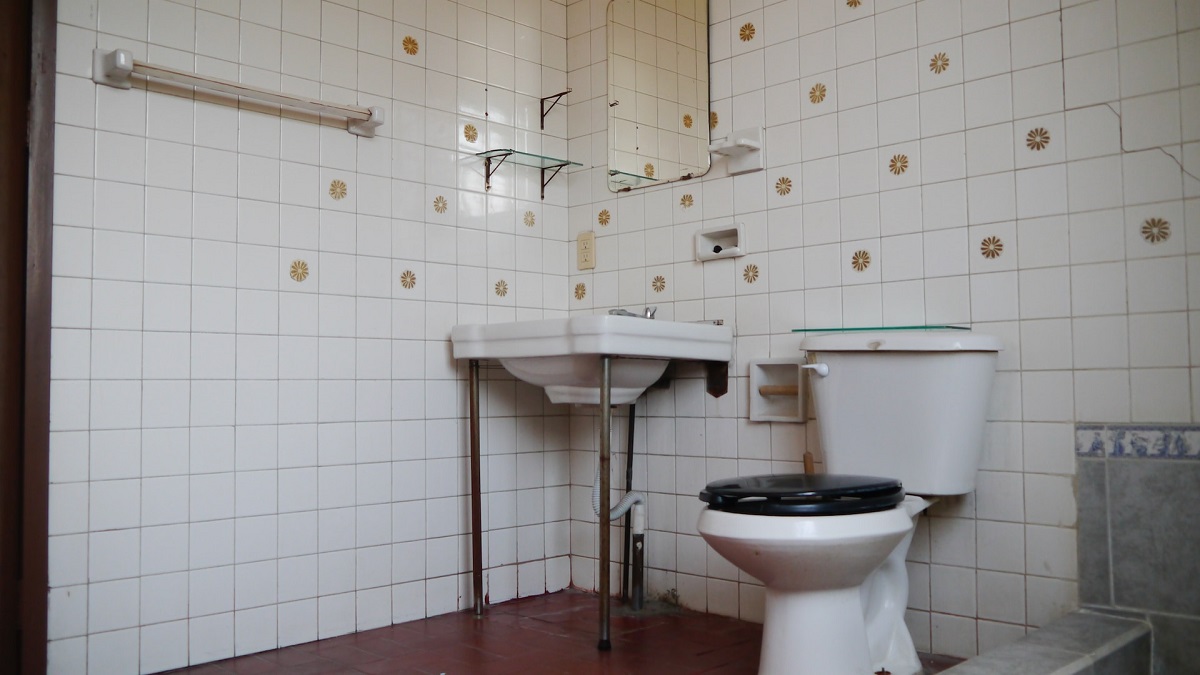

Articles
Why Does My Toilet Make Noise
Modified: October 20, 2024
Discover why your toilet makes noise and how to fix it with helpful articles on troubleshooting common toilet noises. Get expert tips and tricks to restore peace and quiet in your bathroom.
(Many of the links in this article redirect to a specific reviewed product. Your purchase of these products through affiliate links helps to generate commission for Storables.com, at no extra cost. Learn more)
Introduction
Having a noisy toilet can be quite frustrating. The constant sounds of gurgling, hissing, or dripping can disrupt your peace and make you wonder what’s going on with your plumbing. In this article, we will explore the common reasons why your toilet is making noise and provide solutions to fix the problem.
A toilet is a complex system with various components working together to ensure proper flushing and drainage. When one or more of these components malfunction, it can result in unwanted noises. By understanding the causes behind these noises, you can take the necessary steps to rectify the issue and restore tranquility to your bathroom.
Let’s delve into the common noises that can come from a toilet, the possible causes behind them, and how to fix them.
Key Takeaways:
- Don’t let a noisy toilet disrupt your peace. Identify common noises like gurgling, hissing, and dripping, and use simple solutions like adjusting water pressure and repairing parts to restore tranquility.
- Understanding the causes of toilet noises is key to finding solutions. From water pressure issues to faulty fill valves, addressing the root cause can help you fix a noisy toilet and enjoy a peaceful bathroom experience.
Read more: Why Is My Toilet Bowl Making Noise
Common Toilet Noises
When it comes to toilet noises, there are several common sounds that can catch your attention. Understanding these noises and what they mean can help you identify the underlying problem. Here are the most common toilet noises you may encounter:
1. Flushing Noise: The sound of water rushing down the toilet bowl after you flush is a normal and expected noise. However, if the flushing noise is unusually loud or prolonged, it could indicate a problem with the flush valve or the flapper.
2. Gurgling Noise: If you hear a gurgling sound coming from your toilet, it usually means there is a clog or partial blockage in the drainage system. The gurgling noise occurs when air bubbles are trapped in the pipes and are forced upwards when water tries to flow through.
3. Hissing Noise: A hissing noise is typically caused by a faulty fill valve or a leak in the toilet tank. This noise occurs when water is leaking from the tank into the bowl, causing the fill valve to continuously release water and create a hissing sound.
4. Whistling Noise: If your toilet emits a high-pitched whistling noise when you flush, it could be due to a malfunctioning fill valve. The whistling noise occurs when water flows through a narrow or partially obstructed valve, causing it to vibrate and produce the sound.
5. Dripping Noise: A dripping noise can be quite irritating, especially when you’re trying to sleep. If you hear a constant dripping sound coming from your toilet, it could indicate a problem with the flapper valve or the water supply line. The flapper valve may not be sealing properly, causing water to continuously leak into the bowl. Alternatively, a faulty water supply line can also cause a dripping noise.
Causes of Toilet Noises
Toilet noises can be attributed to various underlying causes. Identifying these causes is crucial in order to effectively resolve the issue. Here are the most common causes of toilet noises:
1. Water Pressure Issues: Fluctuating water pressure can result in noisy toilets. If the water pressure is too high, it can cause a banging or knocking sound when the toilet is flushed. On the other hand, low water pressure can lead to incomplete flushing and gurgling noises.
2. Loose or Broken Parts: A noisy toilet may be caused by loose or broken components within the toilet tank. For example, if the fill valve or flush valve is loose or malfunctioning, it can create noise when water flows through or when the toilet is flushed.
3. Clogged Drain: A clogged drain is a common cause of gurgling noises in the toilet. If the drain pipe is partially or completely blocked, air bubbles can get trapped in the pipes, resulting in gurgling sounds when water tries to pass through.
4. Faulty Fill Valve: The fill valve is responsible for refilling the toilet tank with water after flushing. If the fill valve is faulty or not functioning properly, it can lead to hissing or running water noises as it continuously tries to fill the tank.
5. Ventilation Problems: Proper ventilation is crucial for the smooth operation of a toilet. If there is a blockage or malfunction in the ventilation system, it can cause air pressure imbalances, resulting in strange noises when flushing or using the toilet.
Identifying the specific cause of the noise is essential in determining the most appropriate solution. In the next section, we will discuss how to fix these common toilet noises.
Check the water level in the tank and adjust the fill valve if it’s too high. This can cause noisy refilling and flushing.
How to Fix Noisy Toilet
Dealing with a noisy toilet can be frustrating, but fortunately, many of the common issues can be resolved with a few simple steps. Here are some solutions to help you fix a noisy toilet:
1. Adjusting Water Pressure: If the water pressure is too high or too low, it can result in various noises. To adjust the water pressure, locate the shut-off valve near the toilet and turn it slightly to decrease or increase the water flow. Experiment with different settings until you find the optimal water pressure that eliminates the noise.
2. Repairing or Replacing Parts: Loose or broken parts within the toilet can cause noise during flushing or when the toilet is in use. Inspect the flush valve, fill valve, and flapper for any signs of damage or wear. Tighten or replace any loose or faulty components to ensure proper functioning and eliminate noise.
3. Clearing Clogged Drain: If the toilet is gurgling or making gurgling noises when flushed, it is likely due to a clogged drain. Use a plunger or a drain snake to remove the blockage. If the problem persists, you may need to call a professional plumber to properly clear the drain.
4. Fixing Fill Valve: If the toilet is constantly hissing or running water, the fill valve may need to be adjusted or replaced. Start by adjusting the valve to ensure it is properly aligned and sealing. If the issue persists, consider replacing the fill valve with a new one to stop the hissing noise.
5. Improving Ventilation: A poorly ventilated toilet can cause pressure imbalances and lead to strange noises. Ensure that the ventilation system, such as the vent pipe, is clear of any blockages or obstructions. If needed, consult a professional plumber to assess and improve the ventilation in your bathroom.
Keep in mind that if you’re uncomfortable or unsure about performing any of these tasks, it’s always best to seek the assistance of a professional plumber. They have the necessary expertise and tools to diagnose and fix any complex toilet noise issues.
By following these steps and addressing the root causes, you can successfully fix a noisy toilet and restore peace and quiet to your bathroom.
Conclusion
Dealing with a noisy toilet can be a nuisance, but understanding the common causes and implementing the appropriate solutions can help you resolve the issue and bring tranquility back to your bathroom. By diagnosing the specific noise and addressing the underlying problem, you can effectively eliminate the unwanted sounds.
Remember, noises such as flushing noise, gurgling noise, hissing noise, whistling noise, and dripping noise can indicate various issues, including water pressure problems, loose or broken parts, clogged drains, faulty fill valves, or ventilation issues. By identifying the root cause, you can take the necessary steps to fix the problem.
Adjusting water pressure, repairing or replacing parts, clearing clogged drains, fixing the fill valve, and improving ventilation are some of the solutions you can try to silence your noisy toilet. However, it’s important to keep in mind that if you’re unsure or uncomfortable with performing any of these tasks, it’s best to seek the help of a professional plumber.
Maintaining a well-functioning and quiet toilet not only improves your comfort but also prevents potential plumbing problems in the long run. Regular maintenance, such as checking for leaks, cleaning the toilet tank, and addressing any issues promptly, can help prevent noisy toilets and ensure the smooth operation of your plumbing system.
In conclusion, a noisy toilet is not a problem you have to endure. By understanding the common causes and utilizing the appropriate solutions, you can fix the issue and enjoy a peaceful and serene bathroom experience.
Frequently Asked Questions about Why Does My Toilet Make Noise
Was this page helpful?
At Storables.com, we guarantee accurate and reliable information. Our content, validated by Expert Board Contributors, is crafted following stringent Editorial Policies. We're committed to providing you with well-researched, expert-backed insights for all your informational needs.
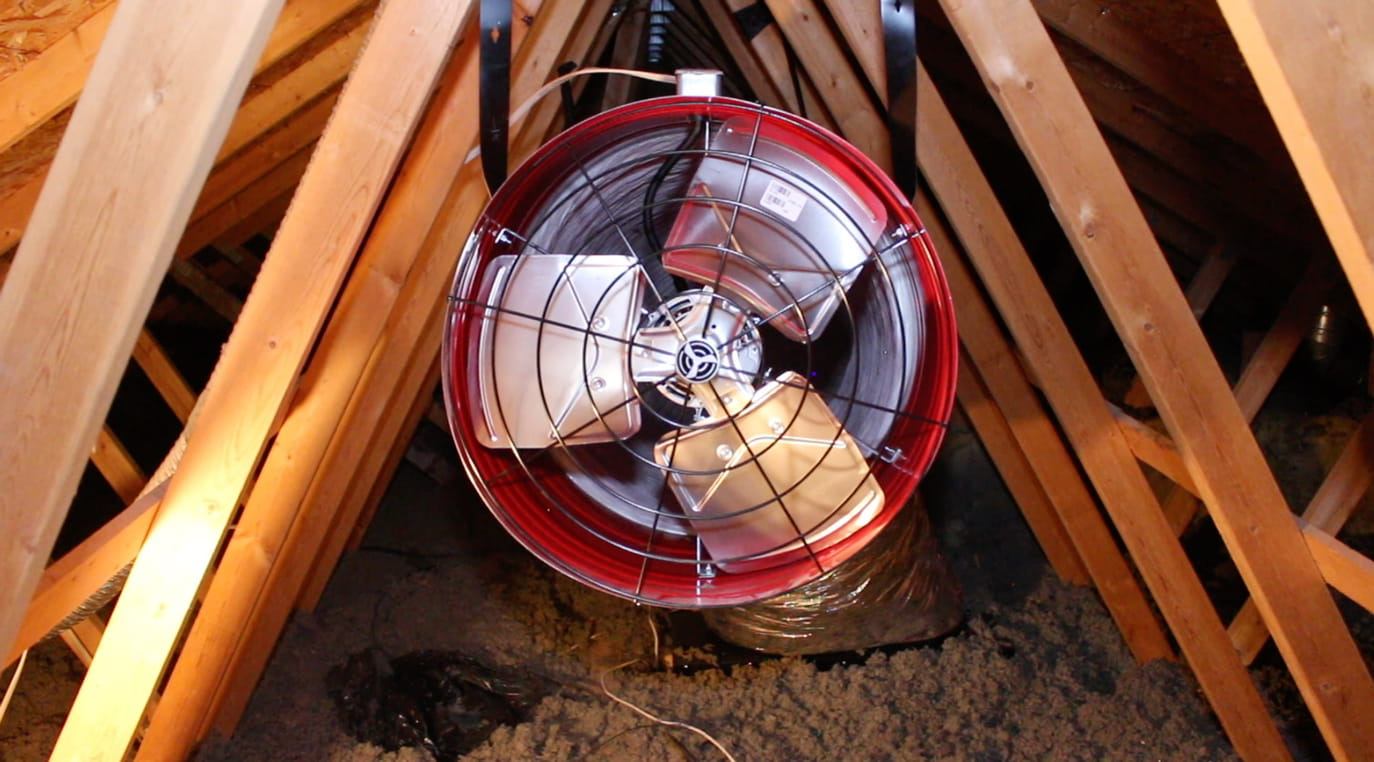
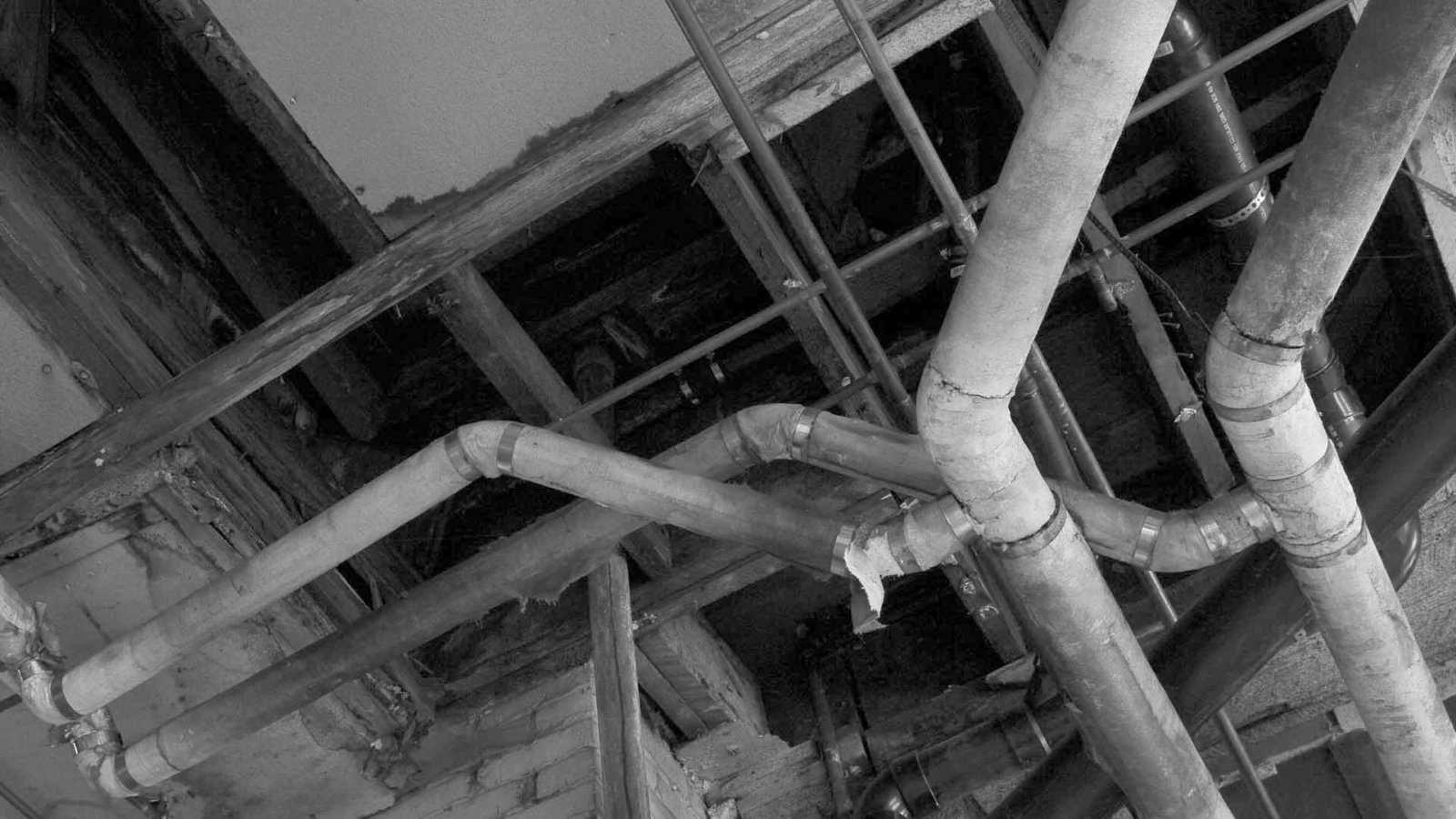

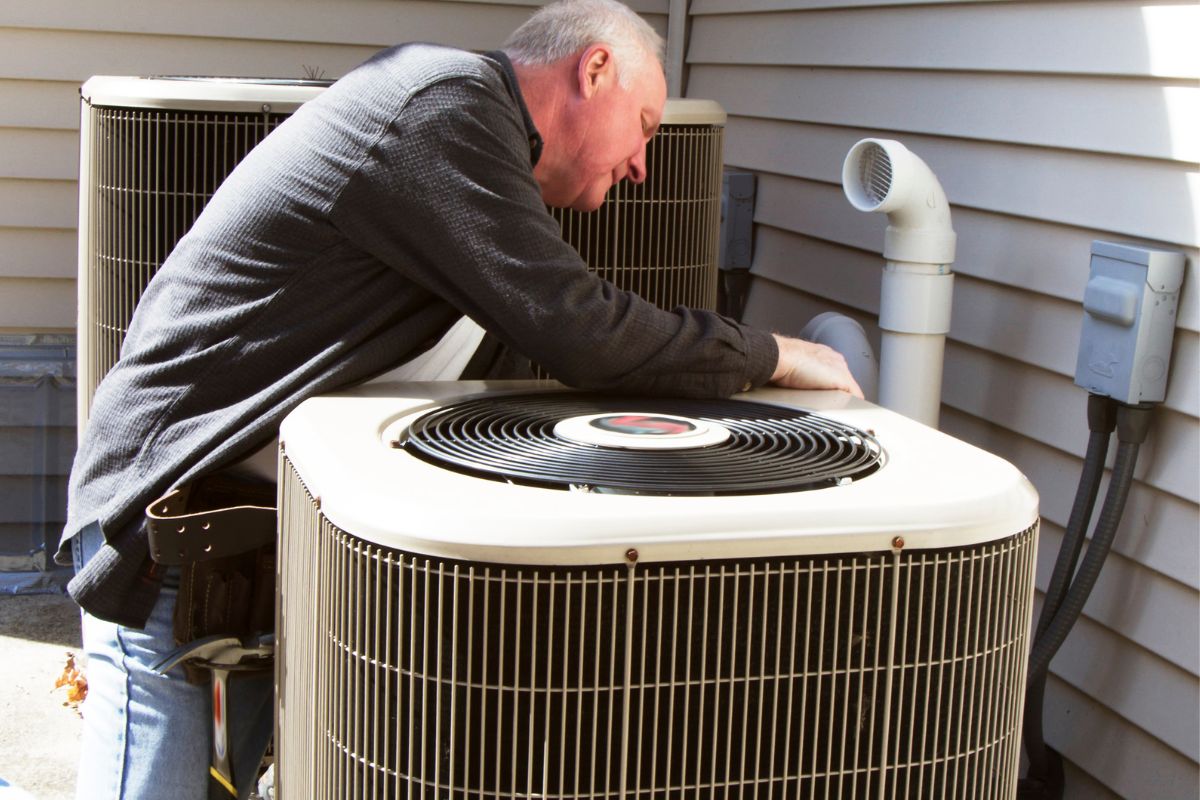

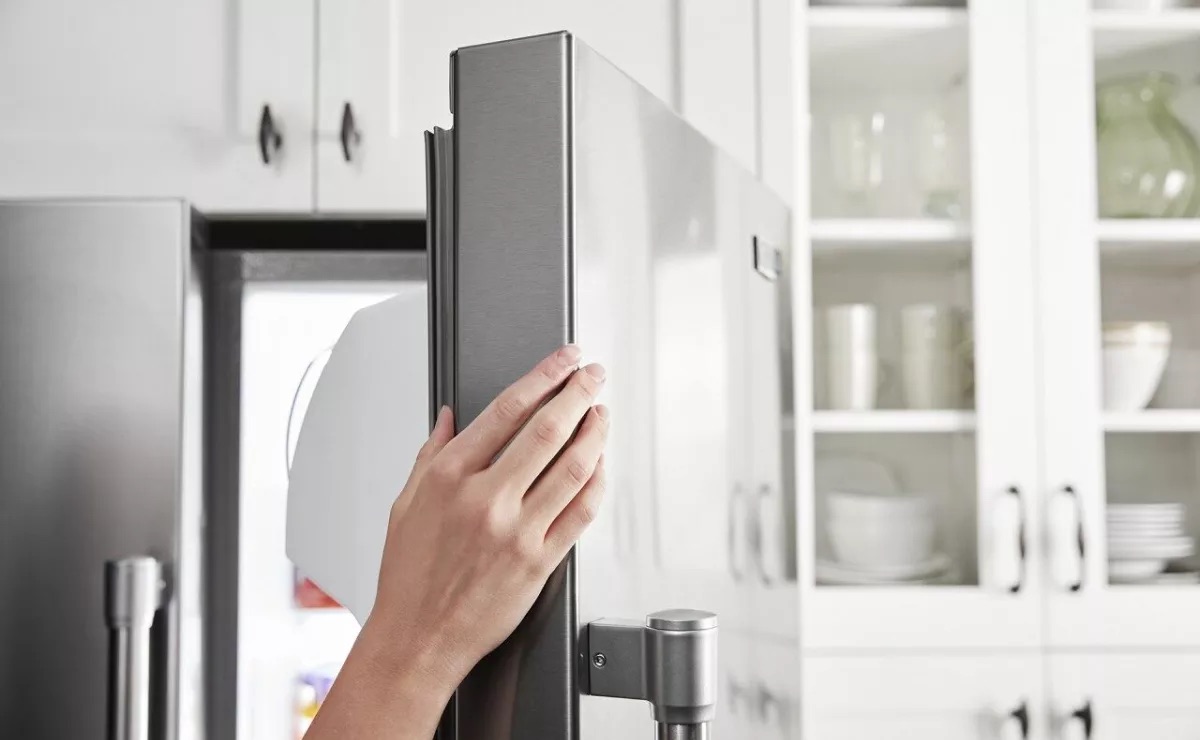

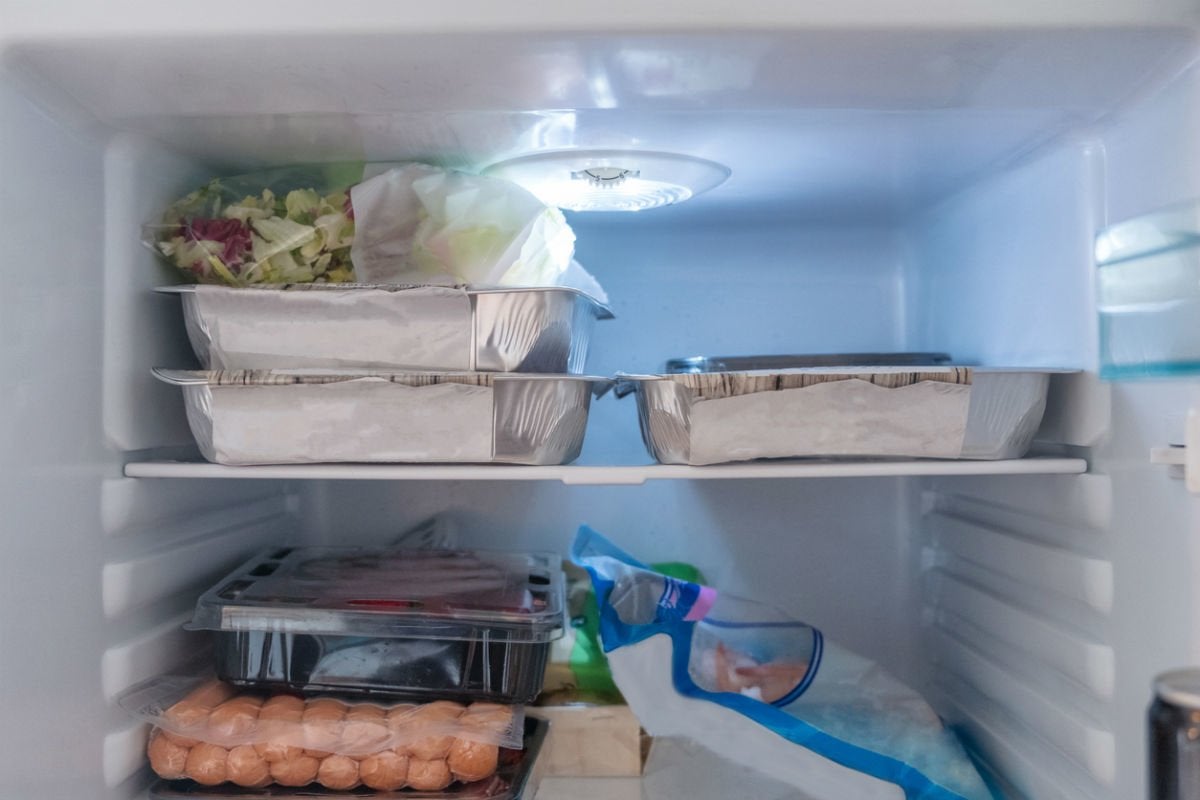
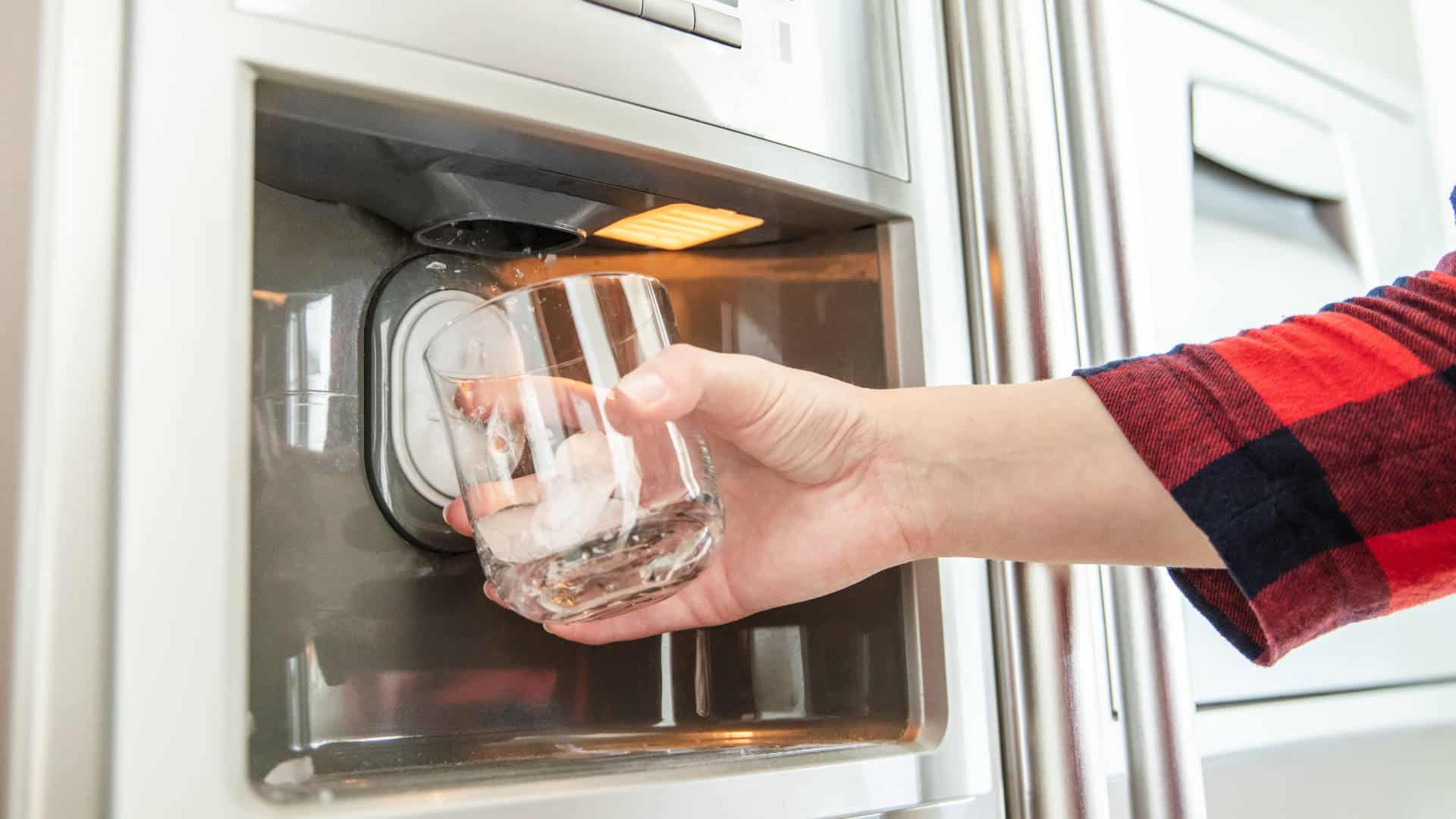

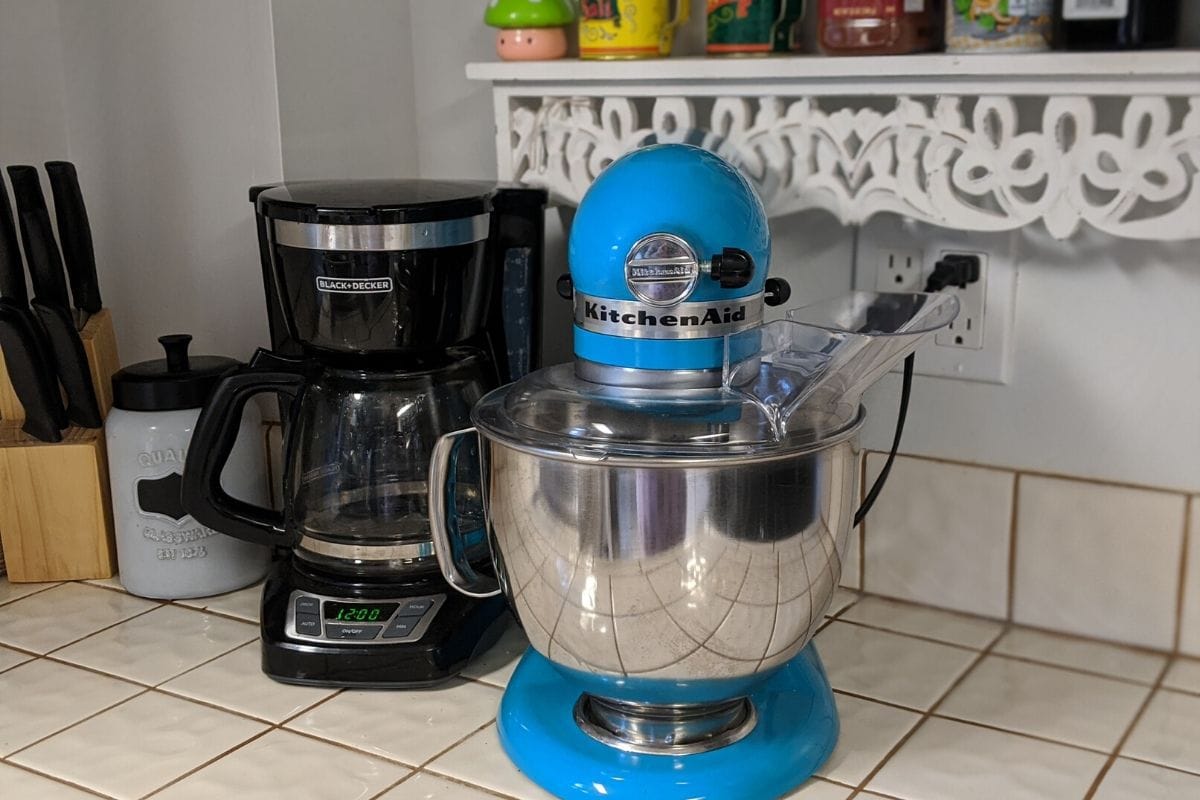
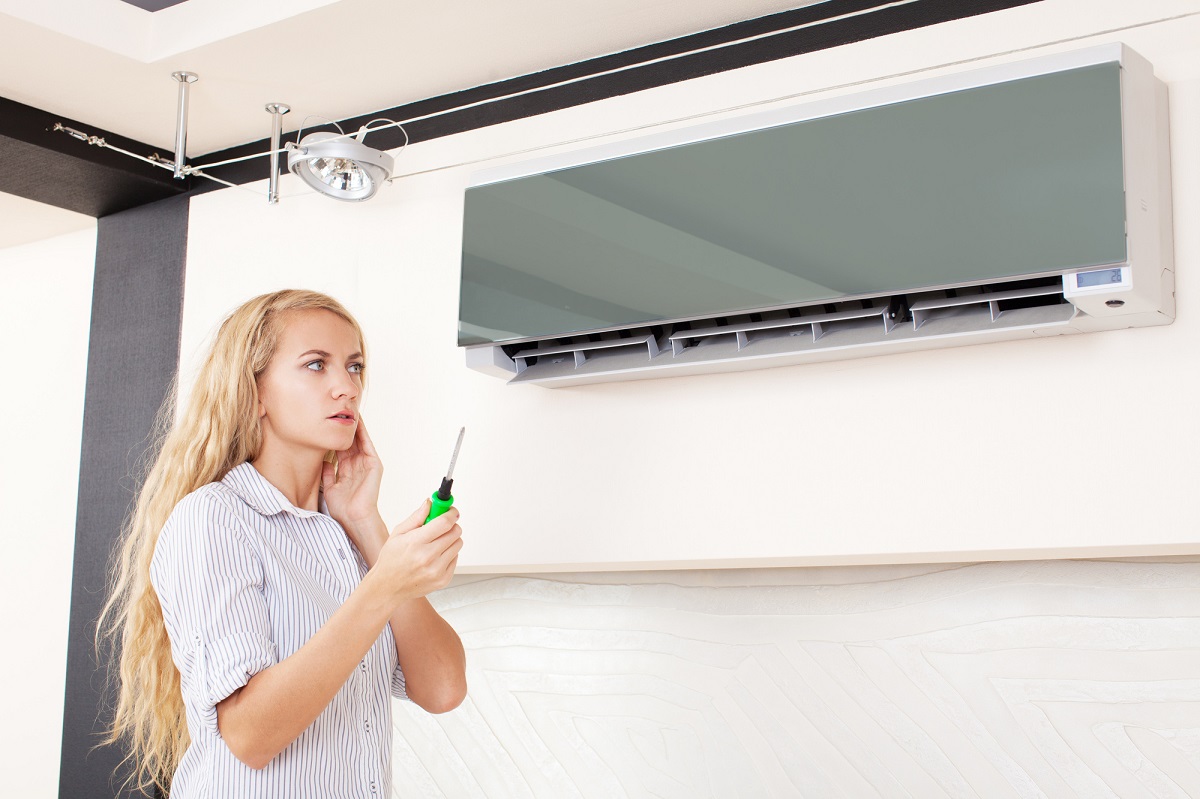
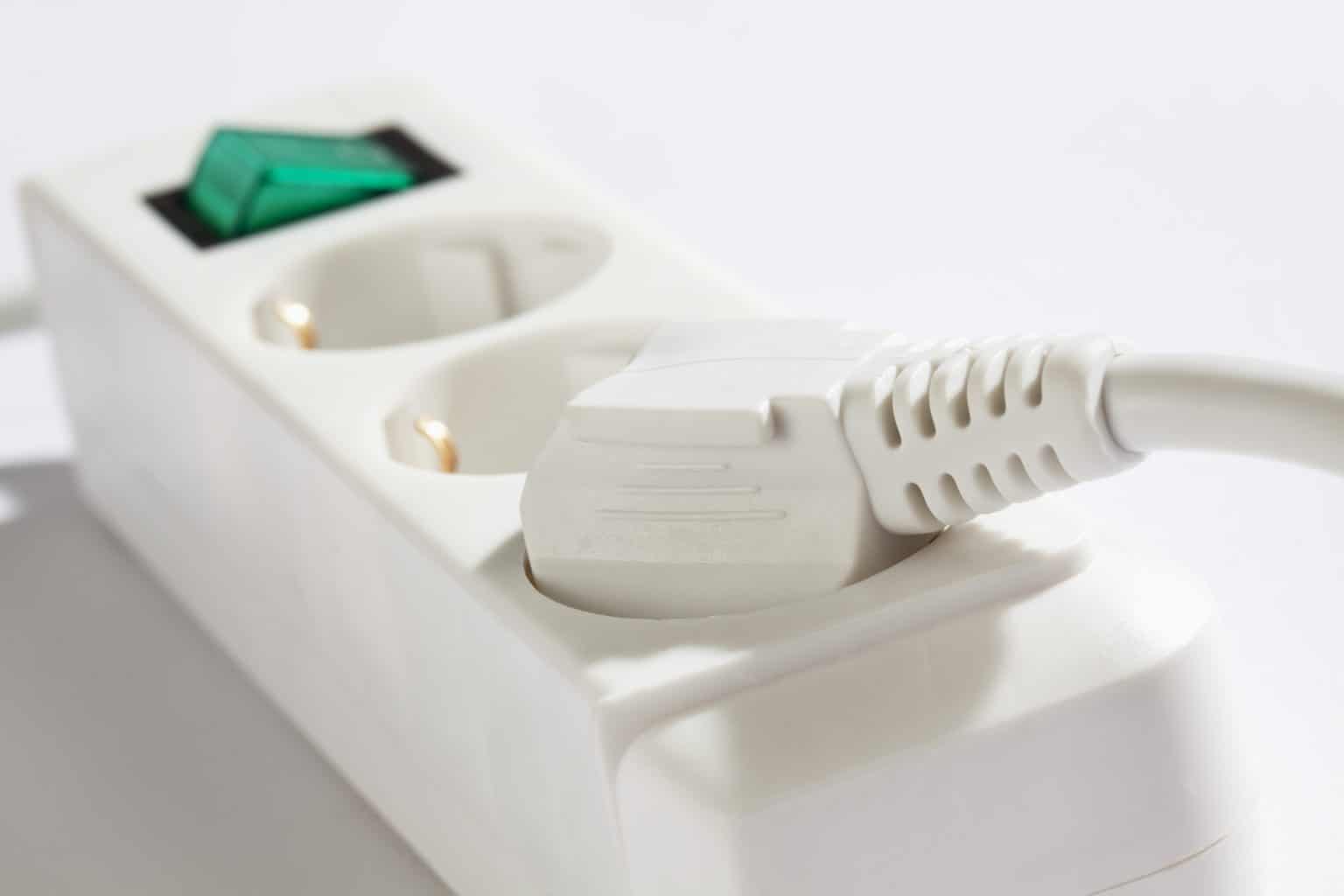
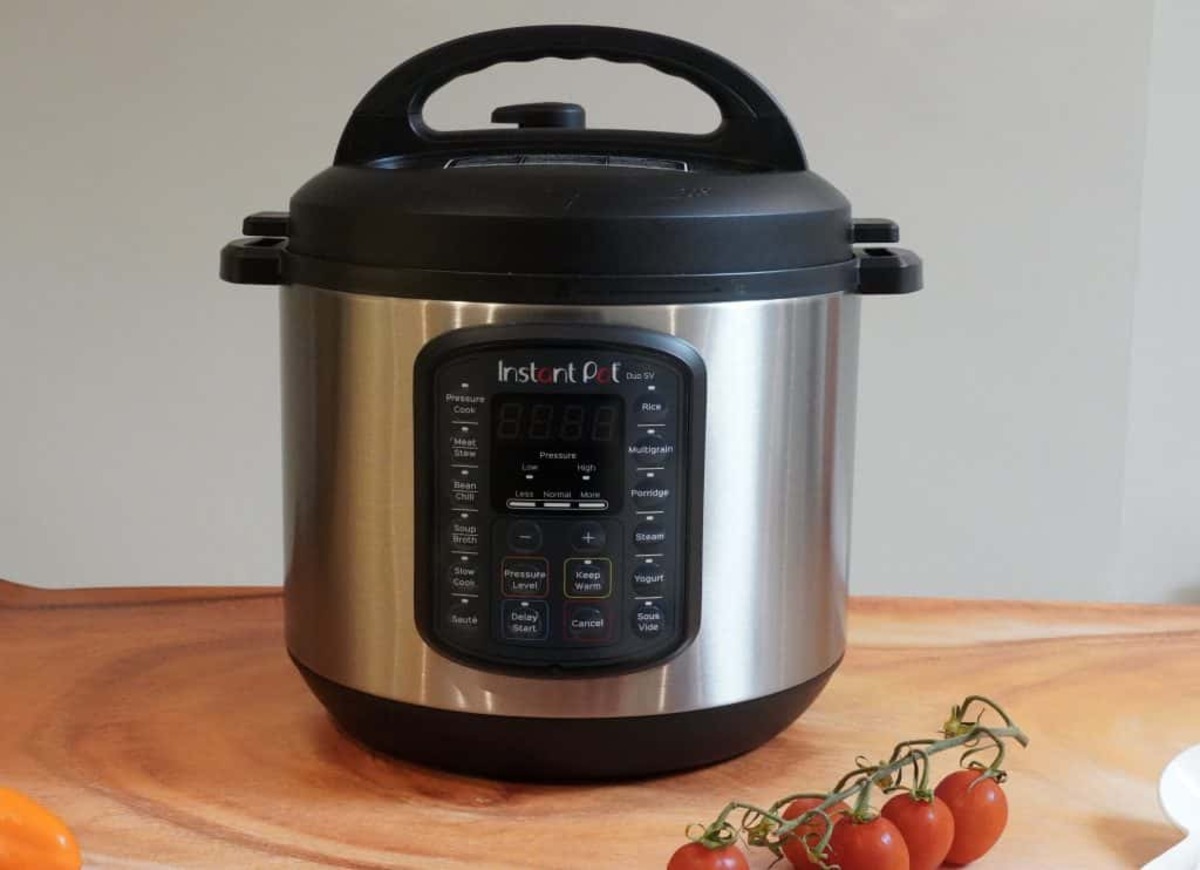


0 thoughts on “Why Does My Toilet Make Noise”